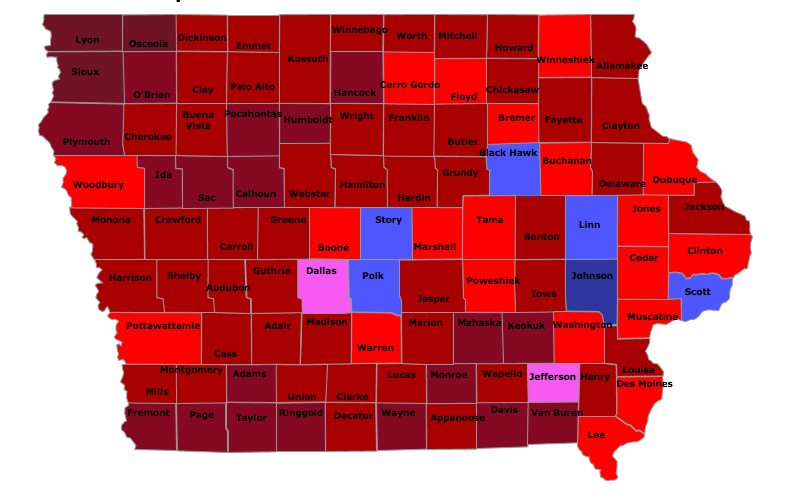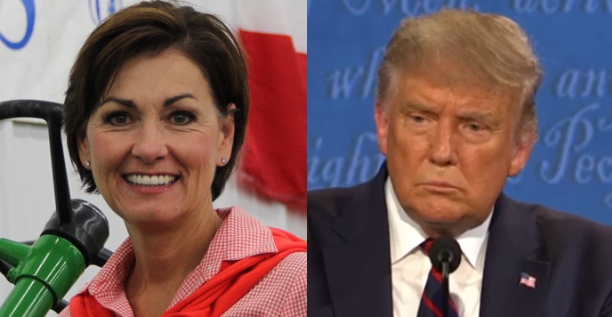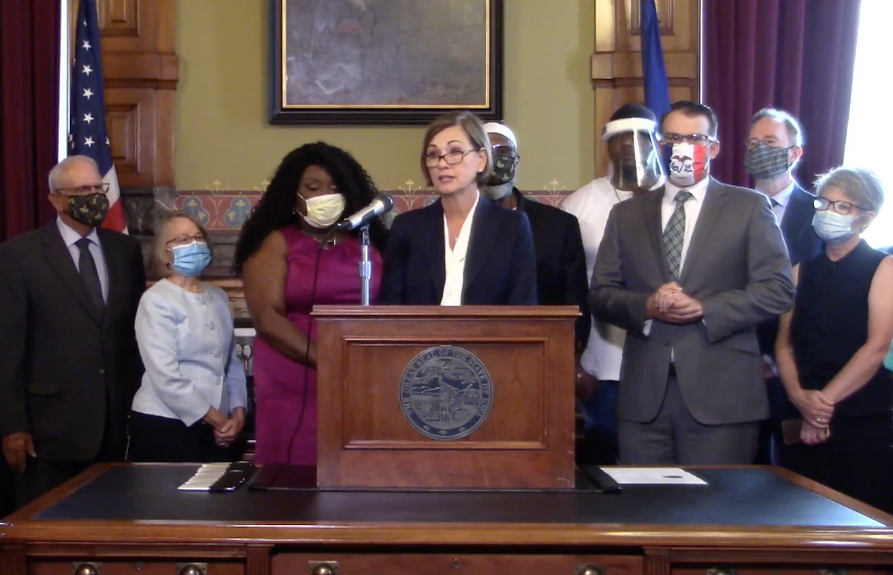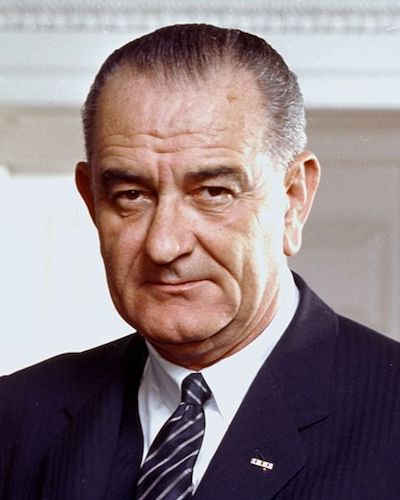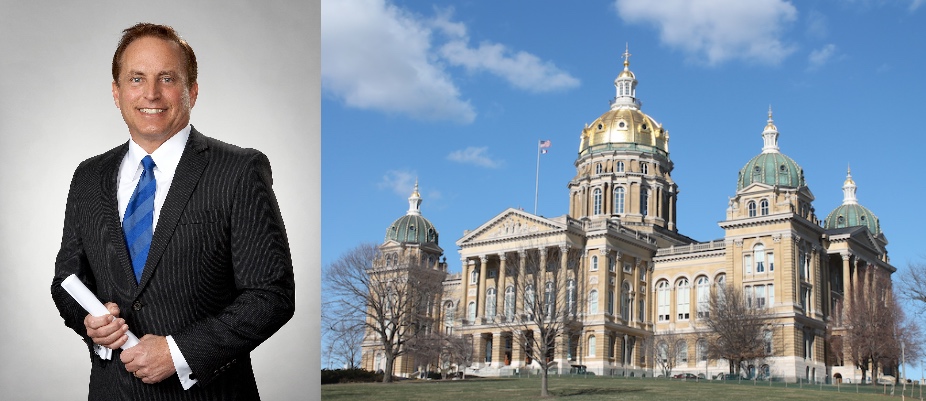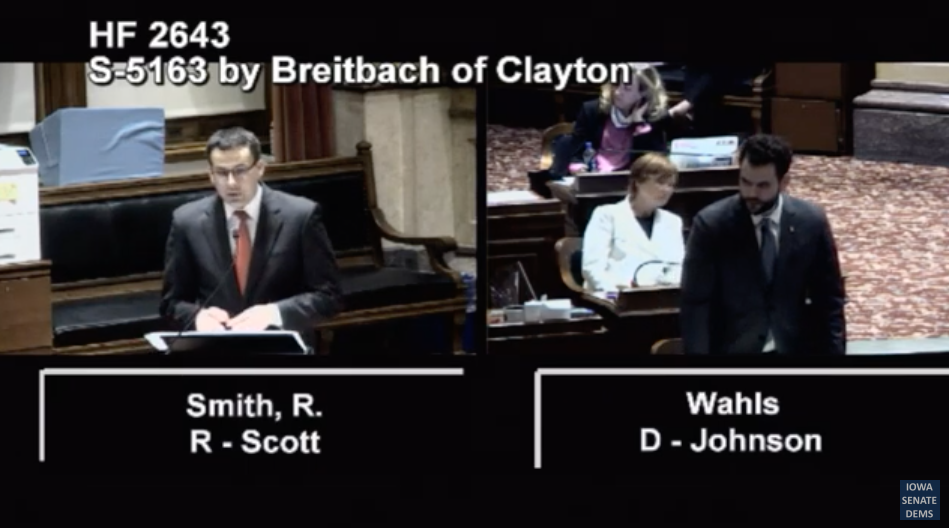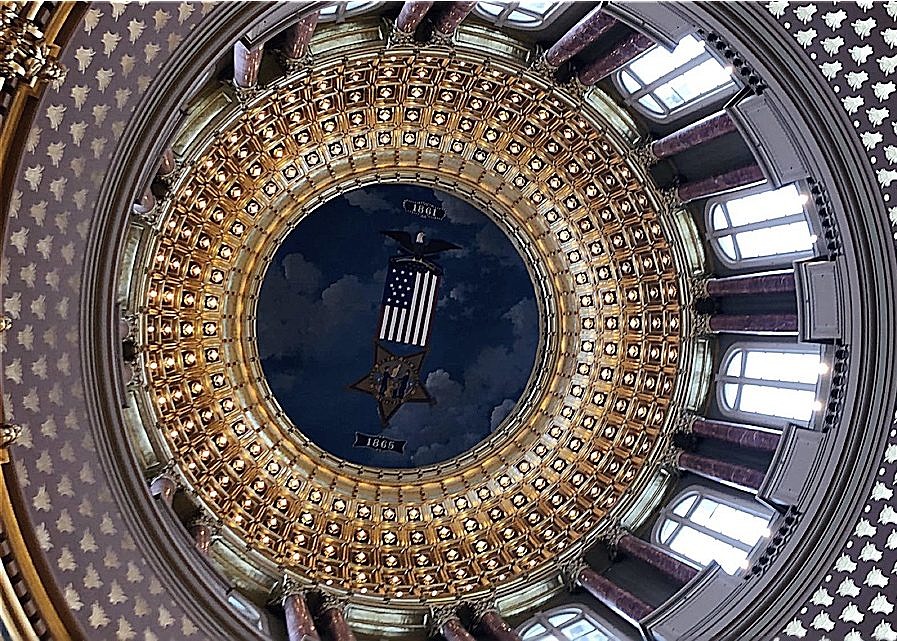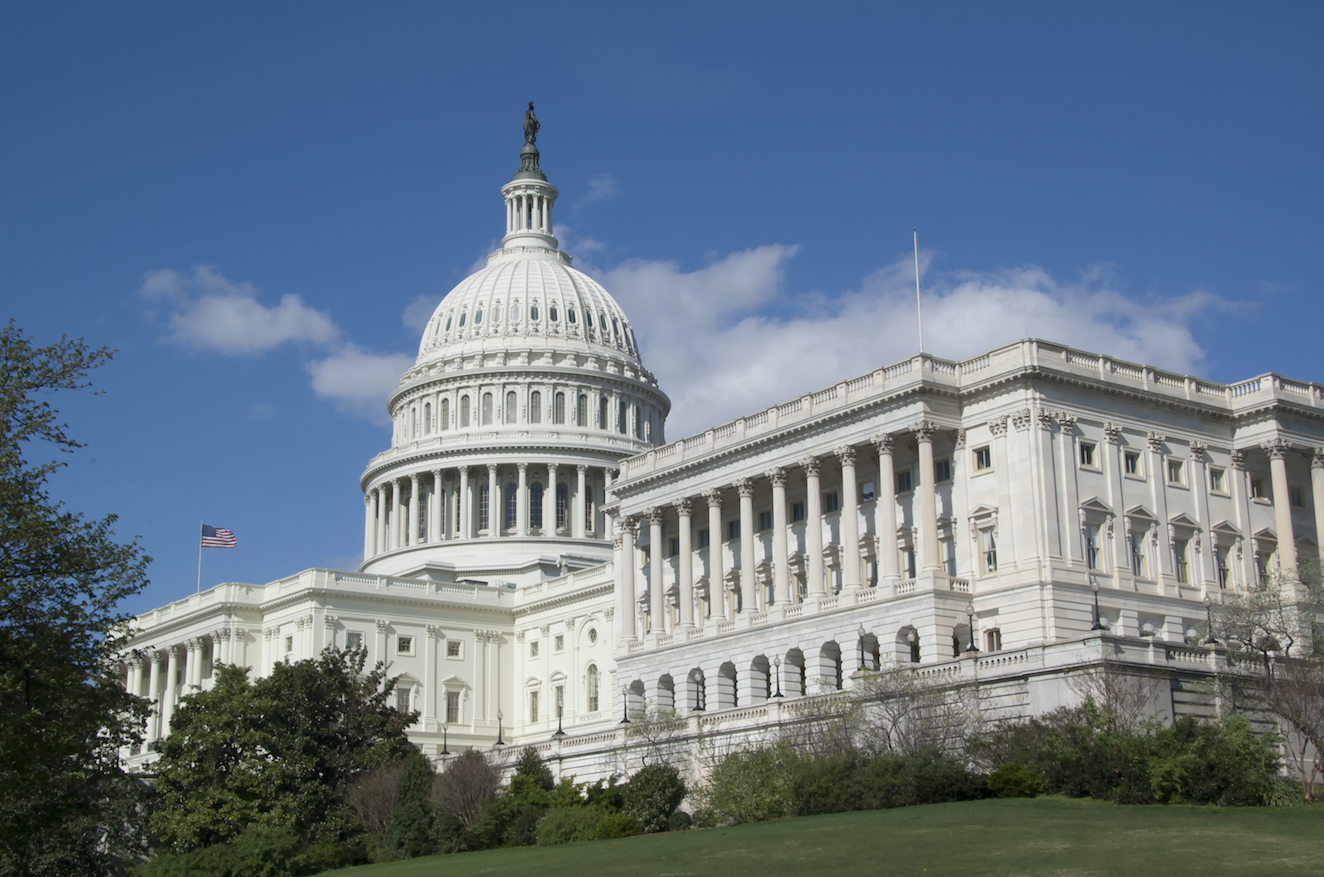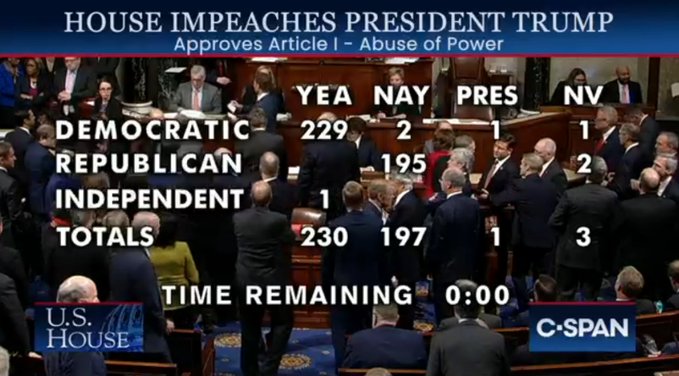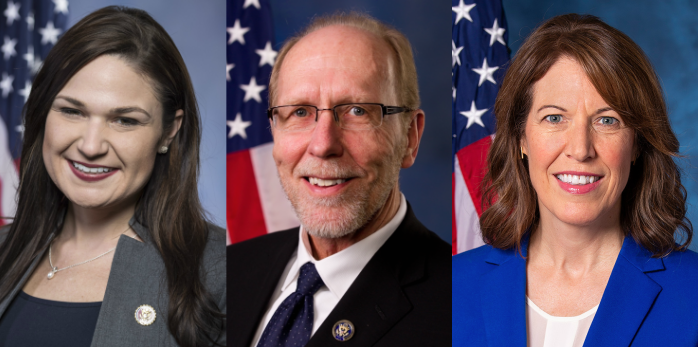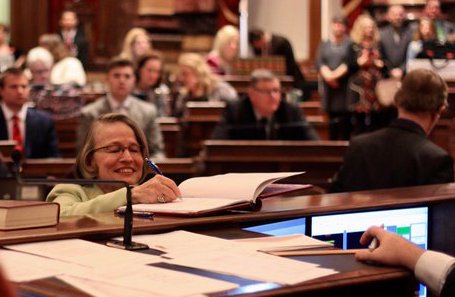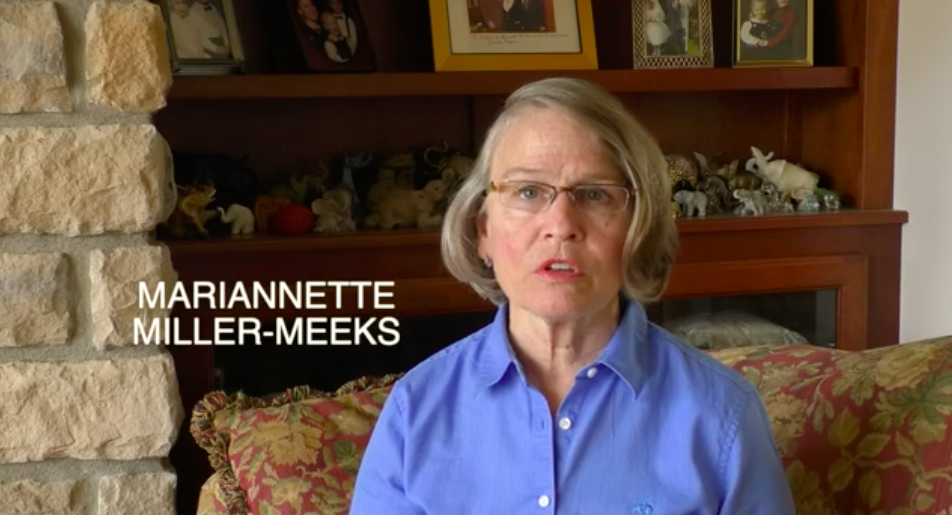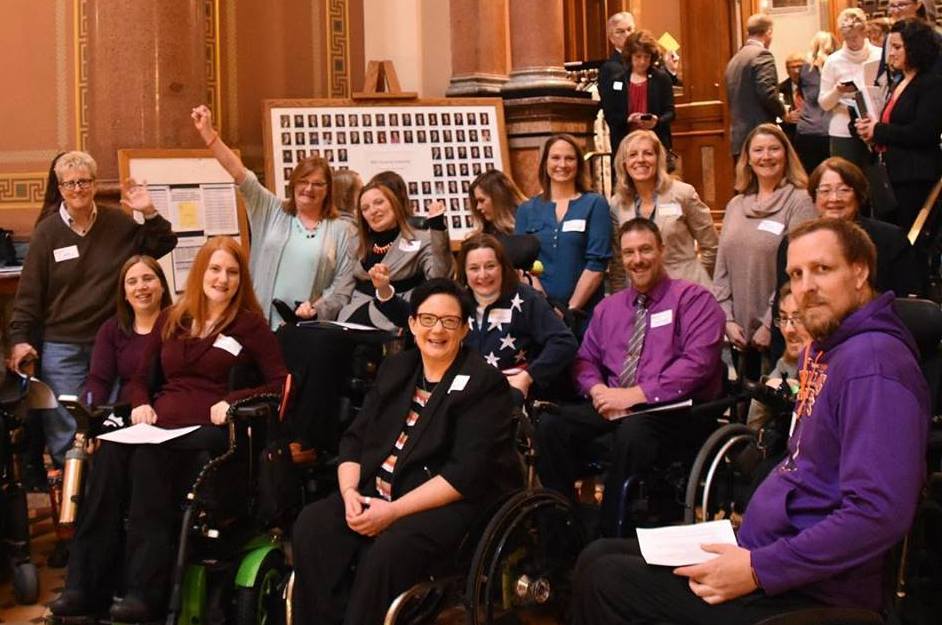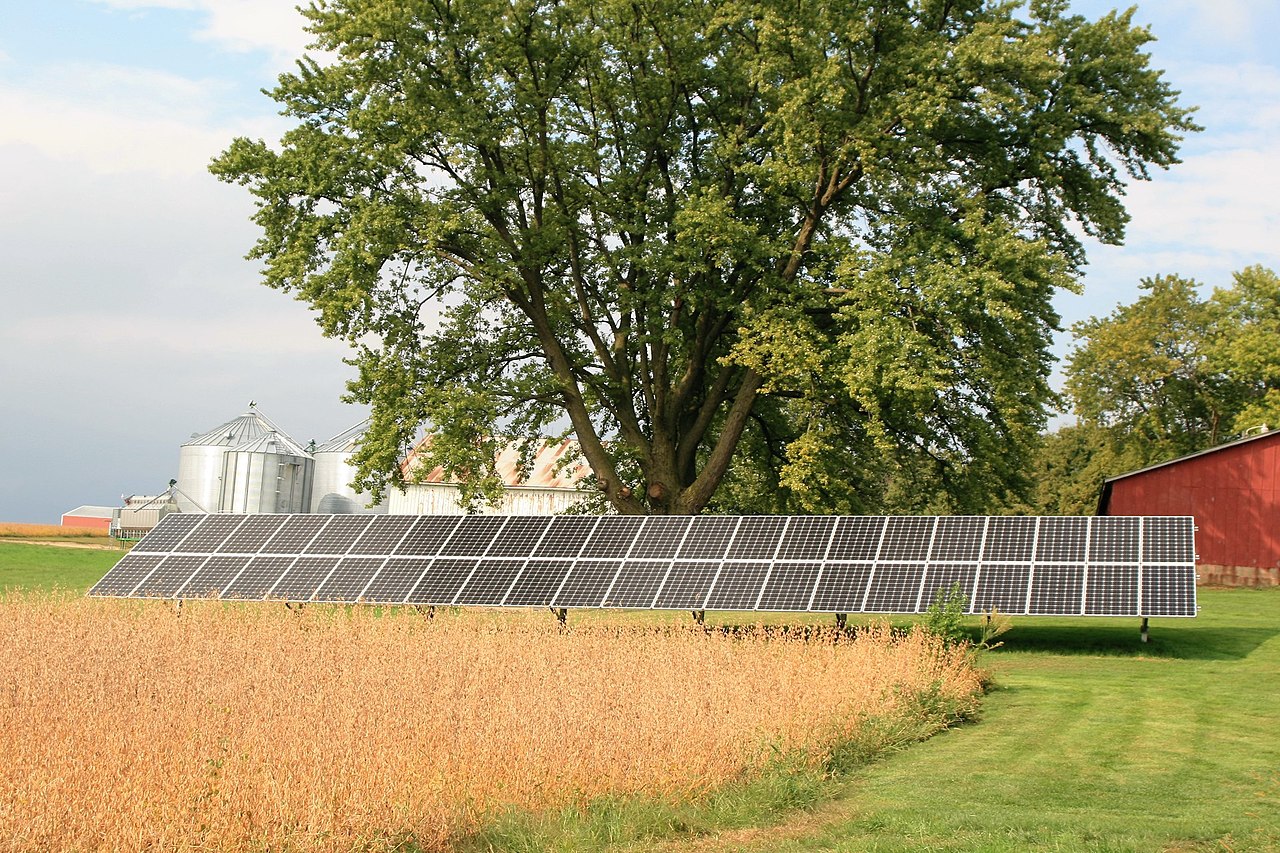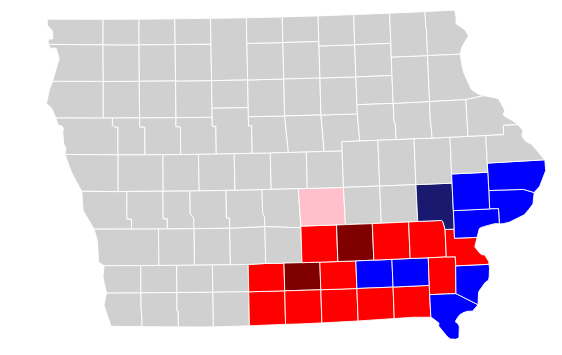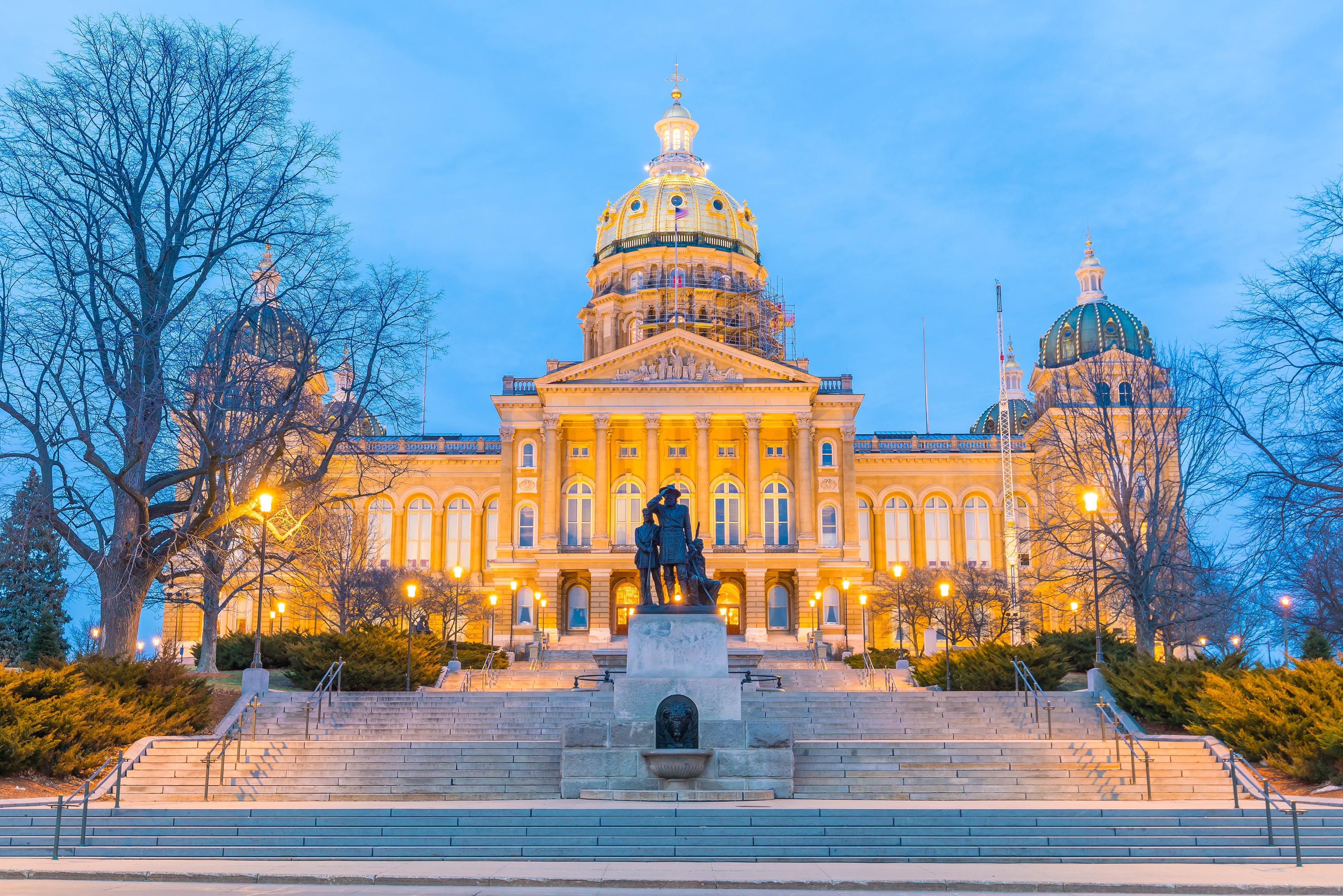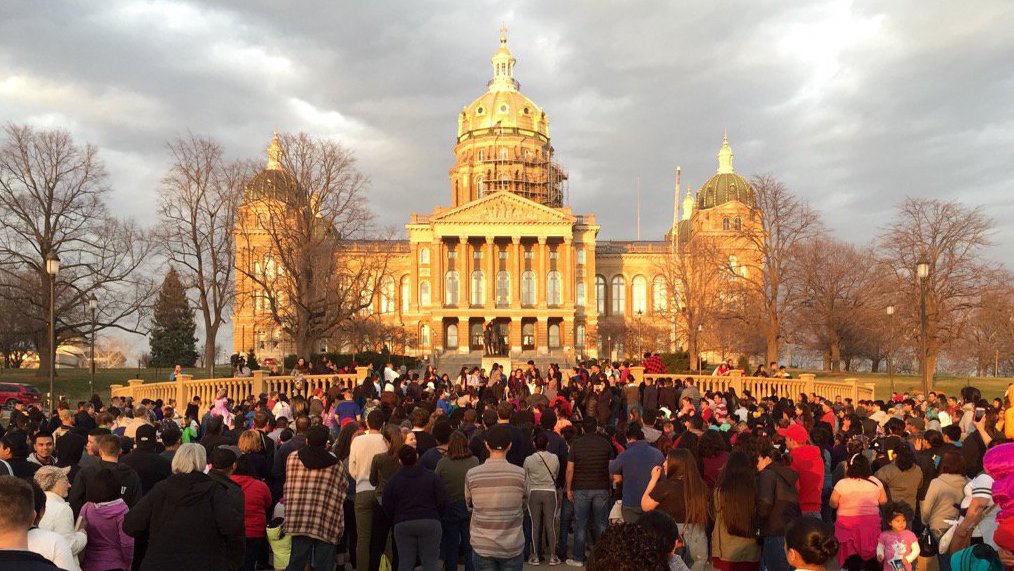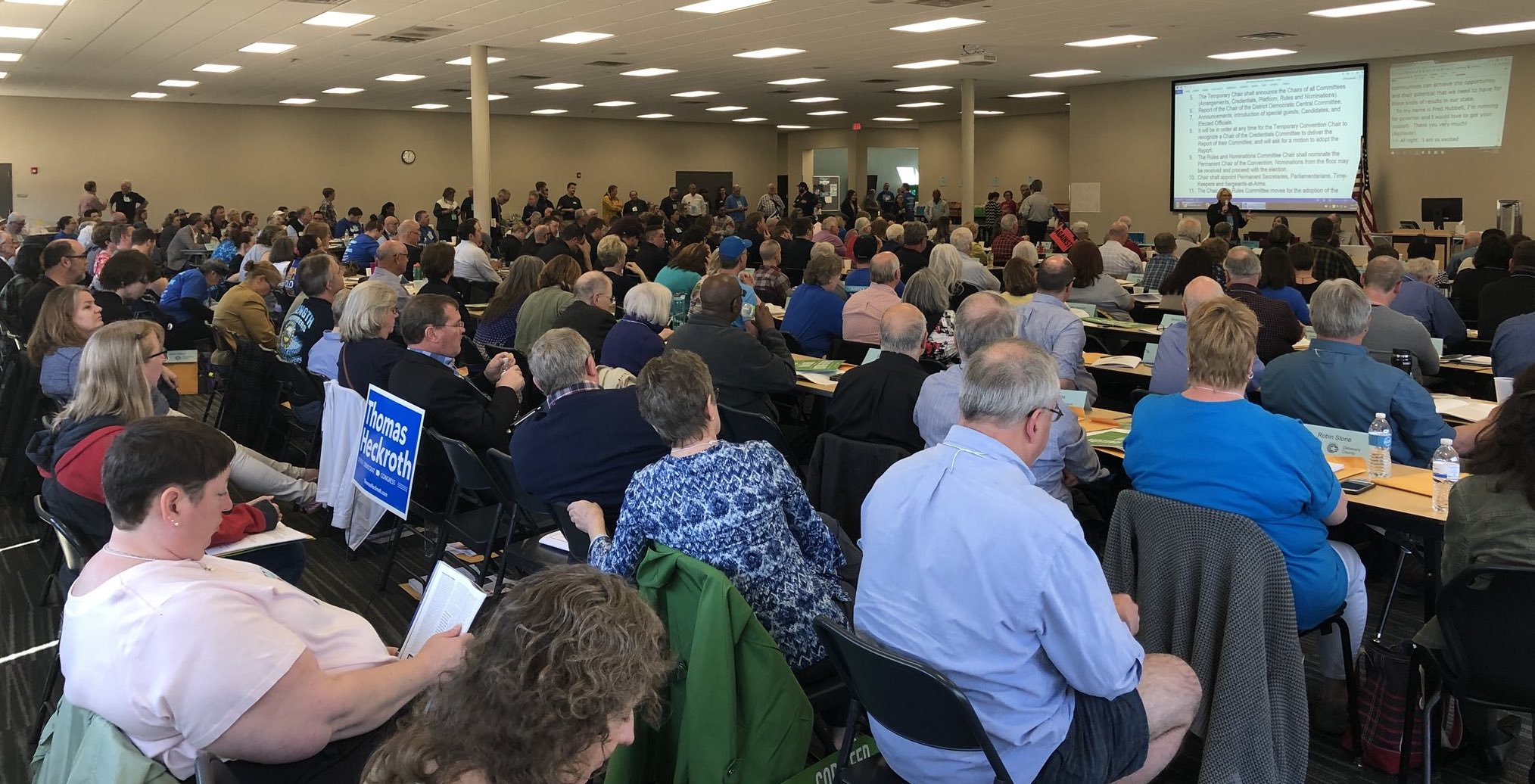All 24 counties in Iowa’s second Congressional district have recounted their votes, but the race between Democrat Rita Hart and Republican Mariannette Miller-Meeks is far from over.
Trackers including Pat Rynard of Iowa Starting Line and Tom Barton of the Quad-City Times reached the same conclusion: once all counties submit their new numbers to the Iowa Secretary of State’s office, Miller-Meeks will have a six-vote lead out of more than 394,000 ballots cast. Rynard posted vote changes in each county since election day here. The two candidates’ vote share is identical to the one-hundredth of a percent (49.91 percent).
The Miller-Meeks campaign’s lawyer Alan Ostergren declared victory after Clinton County’s recount board finished its work on November 28. The Republican candidate said in a written statement, “While this race is extraordinarily close, I am proud to have won this contest and look forward to being certified as the winner by the state’s Executive Council on Monday.”
Three Republicans (Governor Kim Reynolds, Secretary of State Paul Pate, and Secretary of Agriculture Mike Naig) and two Democrats (State Treasurer Michael Fitzgerald and State Auditor Rob Sand) serve on the Executive Council. Assuming that body certifies the result, an election contest is extremely likely.




